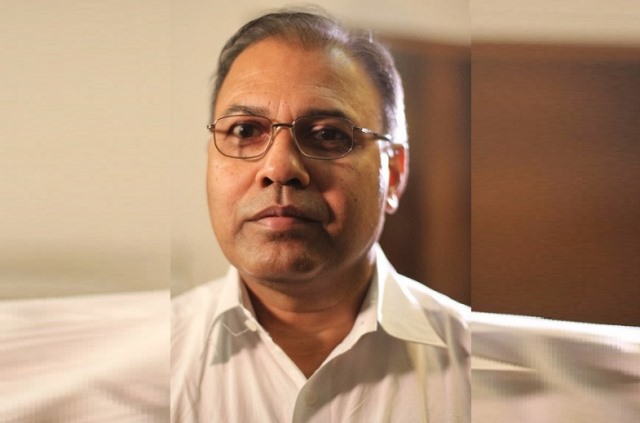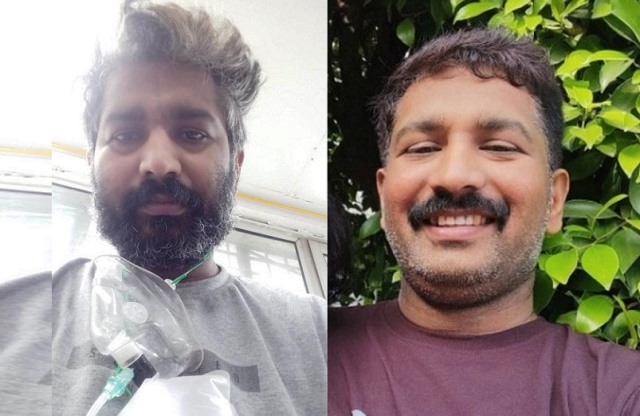Dr AK Arun, a renowned public health scientist, rues that India lacks accurate data on treatment and deaths due to Covid, which would help us prepare for any future health emergency
There have been reports of a resurge of Covid cases in many countries. According to the Center for Disease Control and Prevention (CDC), the risk of the new sub-variant XBB.1.5 is rising. This is more dangerous in spreading infection than the sub-variant BF.7.
There are ten different sub-variants of SARS-CoV-2 in India and BF.7 is one of them. So far, all of the four known cases of BF.7 in India have recovered by home isolation. They did not need to be admitted to the hospital. Dr Soumya Swaminathan, chief scientist at the World Health Organization has expressed concern over XBB.1.5, another sub-variant of the omicron variant. There are more than 300 subtypes of Omicron itself, of which XBB.1.5 is a recombinant virus that can kill antibodies in the body. Therefore, there is a need to monitor the situation.
It is being said that the situation has worsened in China after the lockdown was completely lifted. Epidemiologists also blame China’s “zero Covid policy” for the resurgence of Corona infections in the country. Due to strict lockdowns, herd immunity in people could not be achieved.
India’s case is different. Over last two year when Covid infection was rampant, Indians have achieved herd immunity. Thus the chances of controlling it are high and there is no need to panic. Although the Omicron variant of Corona has been constantly mutating into new forms since last month, its deadly impact has not been witnessed in India so far.
ALSO READ: ‘If Covid Rebounds, All Must Be Treated Uniformly’
In the absence of proper protocol in the initial phase of the epidemic, doctors indiscriminately used steroids etc. Unnecessary medicines given to a Corona-affected patient were also black-marketed because the doctors themselves were not clear about what and why the medicine should be given. In most cases, the patient’s attendants were deciding whether to administer such a medicine to the patient, whatever the price. It is possible that post-Covid complications are the outcome of indiscriminate use of these medicines than the infection itself.
There have also been different viewpoints on the Covid deaths in India. Data related to any epidemic, especially a global epidemic, is important for any study. Since 2021, no concrete data has been available from government institutions. Atul Kotwal, executive director of the National Health System Resource Center, admits that there are problems with the Covid data. Dr T. Sundararaman, former executive director of the same institute, justifies the WHO figures in terms of deaths due to Corona in India. For, we lack an accurate mechanism to collect death data; only 21 per cent of the deaths are recorded by the registrar.
Another challenge is to handle the fear mongering about the Covid virus. The atmosphere of anxiety that has arisen among people post two Covid waves can lead to ill-will about certain people, places or communities. This can have serious impact on society as well the mental health of people. We must deal with this sense of stigma.
For this, we have to understand that the virus does not look at social class, race, community or nationality. In such cases, we should put ourselves in the shoes of an affected person or community. The dissemination of information must be fair and free of any bigotry.
(Dr AK Arun is a national award-winning Homeopathy practitioner and headed the research team of the Delhi Government on alternative cures for COVID-19)
As told to Abhishek Srivastava
Read more: http://13.232.95.176/


